US Vice President JD Vance has once again urged Europe to rethink its defence posture — and he’s looking to history to make his case.
According to a Politico report, citing a recent interview with British news site UnHerd, Vance invoked the legacy of Charles de Gaulle, the legendary French leader who steered the country through World War II and later served as president from 1959 to 1969.
According to Vance, de Gaulle had a clear-eyed view of the balance needed between transatlantic cooperation and European sovereignty.
“De Gaulle loved the United States of America," Politico quoted Vance as saying, adding, “but (he) recognised what I certainly recognise, that it’s not in Europe’s interest, and it’s not in America’s interest, for Europe to be a permanent security vassal of the United States."
Vance’s comments mark another chapter in his long-running call for Europe to shoulder more of its own defense responsibilities, echoing a strain of foreign policy realism that has gained traction within parts of the American political right.
Vance’s remarks come amid mounting pressure from President Donald Trump’s administration on European allies to take greater responsibility for their own defence.
The White House has repeatedly criticised European capitals for leaning too heavily on American military support, while signaling that the US may not come to the rescue of Nato members who fail to invest adequately in their security.
Impact Shorts
View AllUS Defence Secretary Pete Hegseth reinforced that message recently, cautioning that the American military presence in Europe is not “forever.”
Trump is pushing for Nato countries to significantly ramp up their defence spending, calling for members to allocate 5% of their GDP — more than double the alliance’s current target of 2%. That target is expected to rise during an upcoming Nato summit in The Hague this summer.
“I don’t think that Europe being more independent is bad for the United States — it’s good for the United States,” Vance was quoted as saying.
“Just going back through history, I think — frankly — the British and the French were certainly right in their disagreements with Eisenhower about the Suez Canal,” he added.
In the 1950s, US leader Dwight Eisenhower forced London and Paris, before de Gaulle became president, to back down from a military intervention to regain control of the Suez Canal from Egypt, which was key to the countries’ economic and colonial interests.
With the exception of Britain, France and Poland, “most European nations don’t have militaries that can provide for their reasonable defence,” Vance said.
“The reality is — it’s blunt to say it, but it’s also true — that Europe’s entire security infrastructure, for my entire life, has been subsidised by the United States of America,” he added.
De Gaulle, shaped by the fallout from the Suez Crisis, was a staunch advocate for European independence from US influence. He pushed to make France’s military more autonomous—building a nuclear arsenal and a strong defence industry — laying the groundwork for what French President Emmanuel Macron now calls “strategic autonomy.”
Vance also weighed in on Europe’s role in the 2003 US-led invasion of Iraq, which he called a “strategic disaster.”
While countries like France and Germany opposed the war, Vance argued they should have spoken out more forcefully as the US moved toward invasion.
Vance said “a lot of European nations were right” to question the Iraq war and, without offering evidence, claimed the invasion might have been stopped if Europe had been “a little more independent, and a little more willing to stand up.”
Known for his sharp critiques of Europe on issues like migration and free speech, the vice president softened his tone by emphasising his “love” for the continent.
“I love European people. I’ve said repeatedly that I think that you can’t separate American culture from European culture,” Politico quoted him as saying.
“We’re very much a product of philosophies, theologies, and of course the migration patterns that came out of Europe that launched the United States of America,” he said.
But, Vance added, “European leaders have radically underinvested in security, and that has to change.”
Vance took another swipe at Ukrainian President Volodymyr Zelenskyy, continuing their feud that began with a tense Oval Office exchange in February, when Vance accused Zelenskyy of being “disrespectful.”
In a Sunday interview on 60 Minutes, Zelenskyy charged the vice president with “somehow justifying” Russia’s invasion and falling for Kremlin disinformation.
Vance fired back, calling the accusation “absurd,” and added, “It’s sort of absurd for Zelenskyy to tell the (American) government — currently keeping his entire government and war effort afloat — that we’re somehow siding with the Russians.”
With inputs from agencies


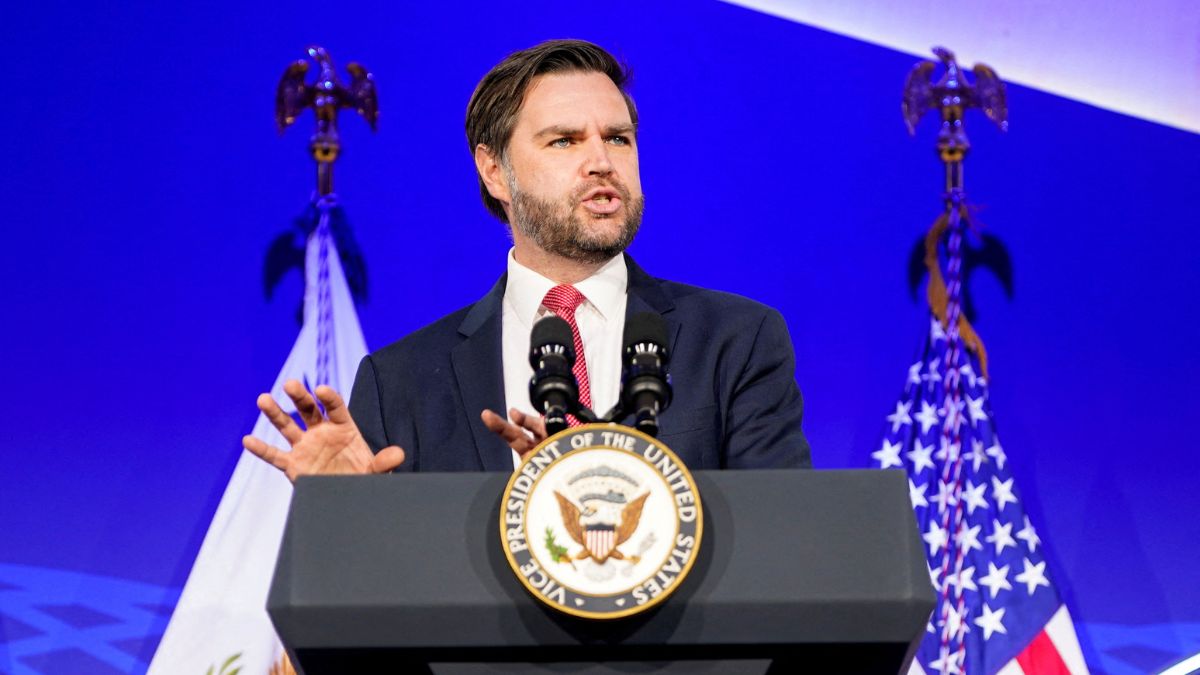)
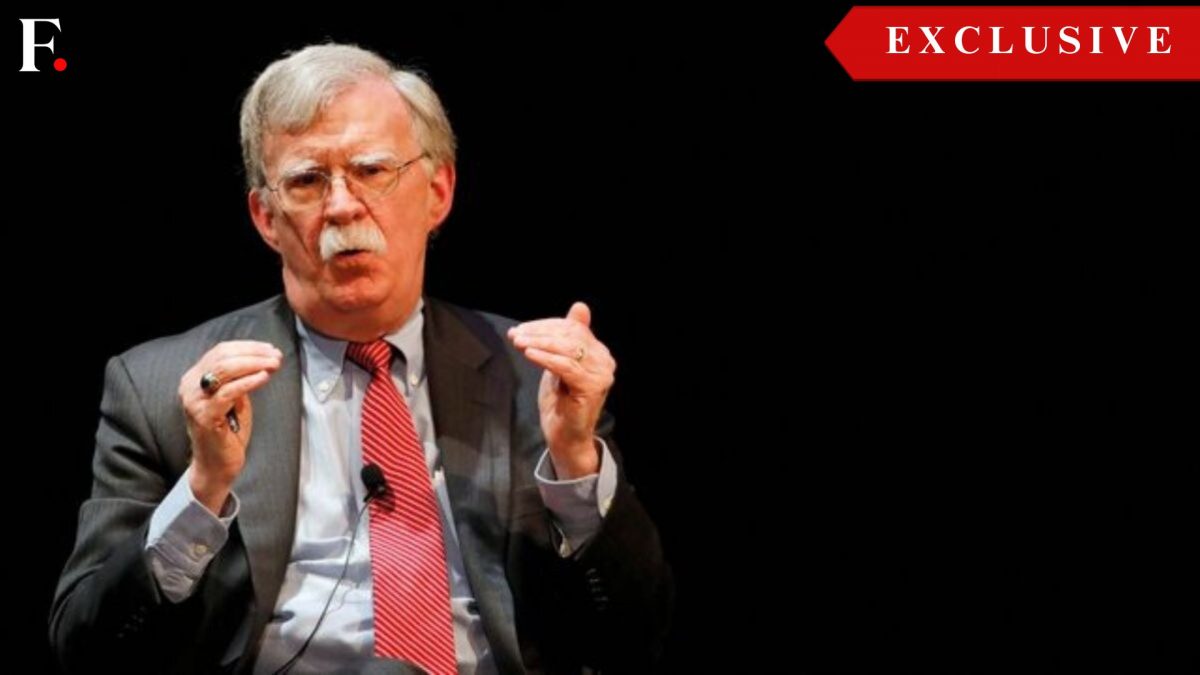)
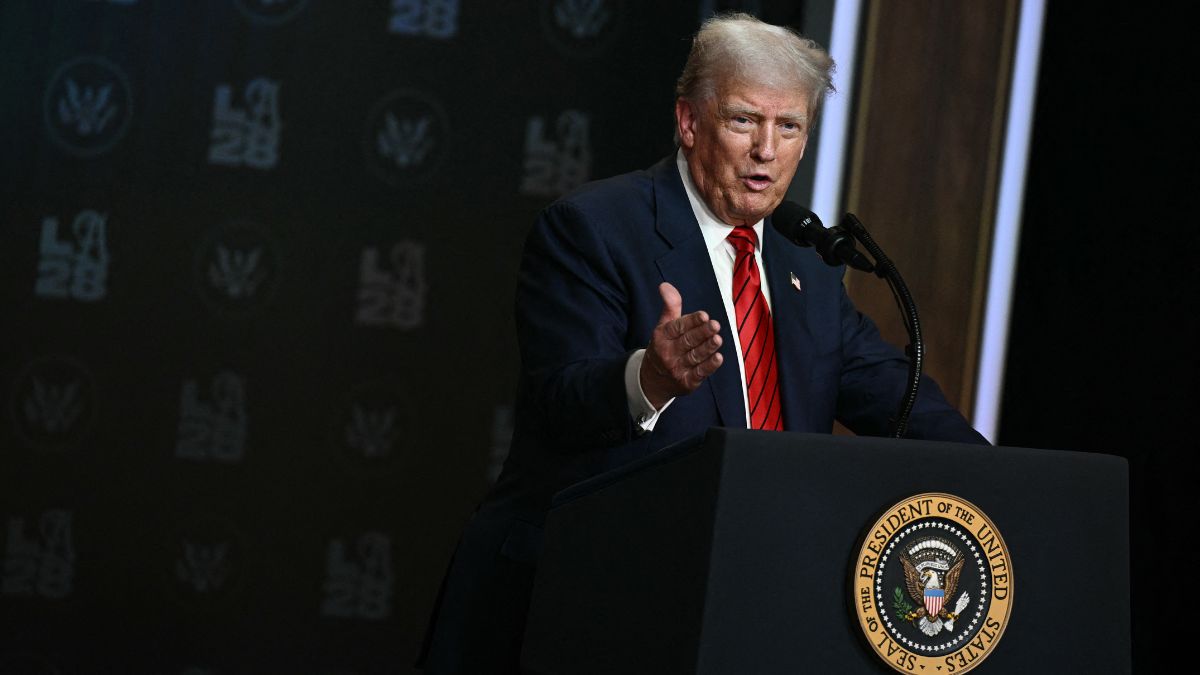)
)
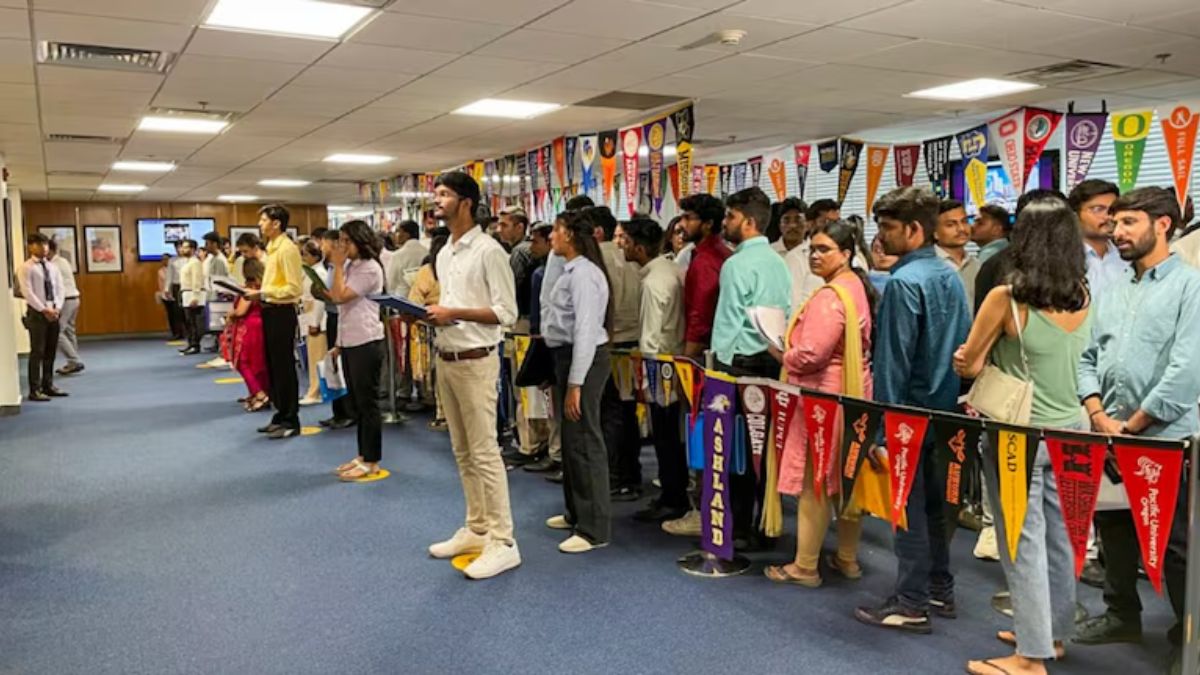)
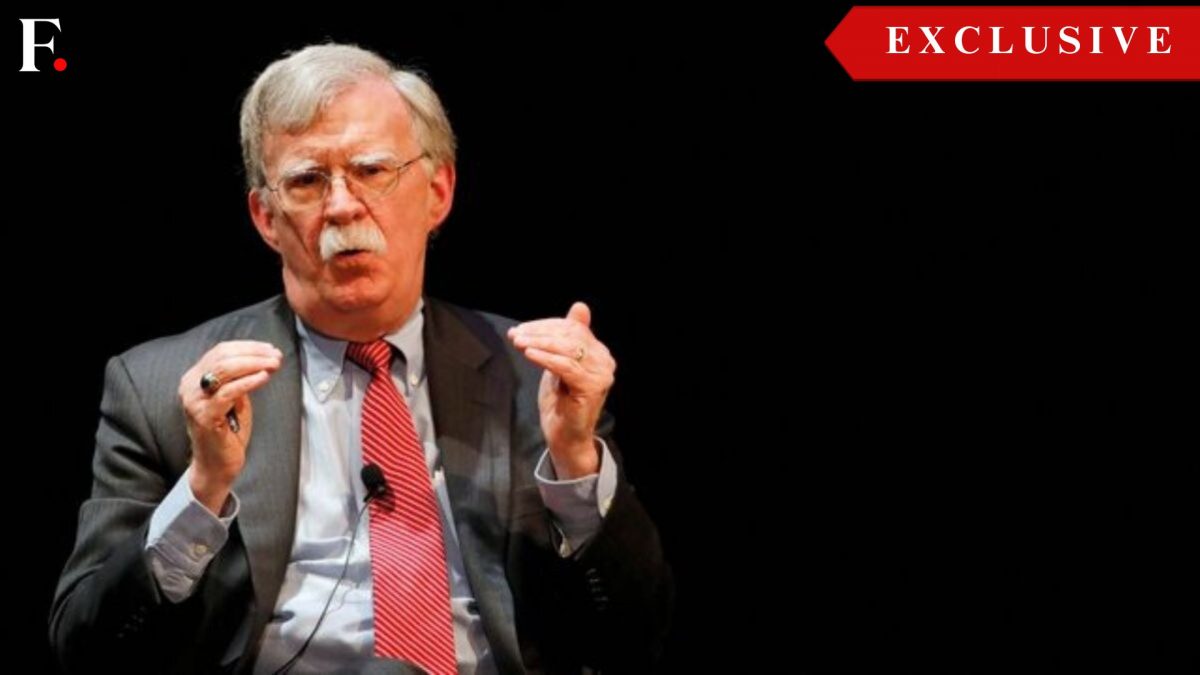)
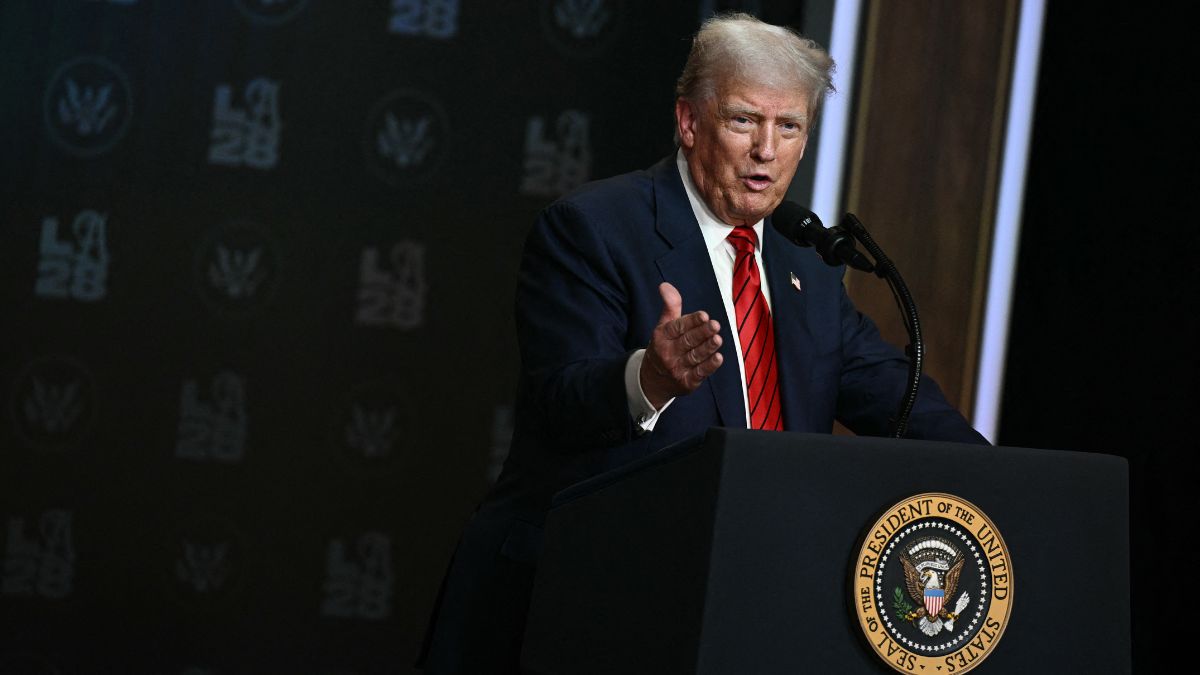)
)
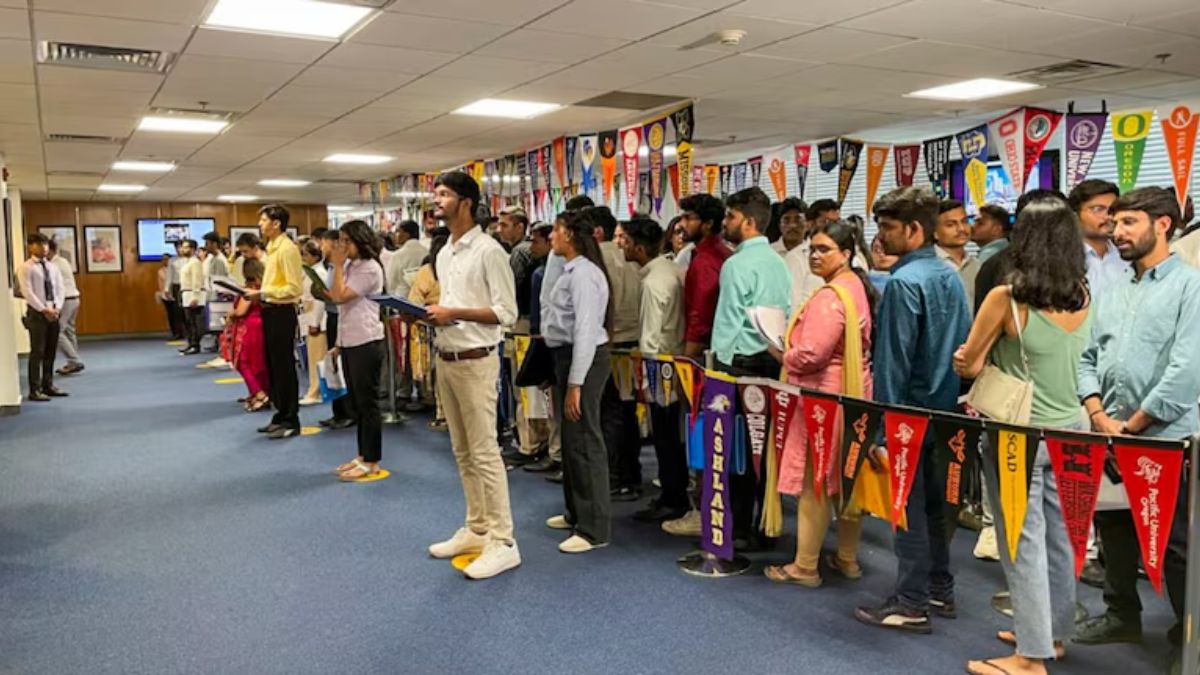)



